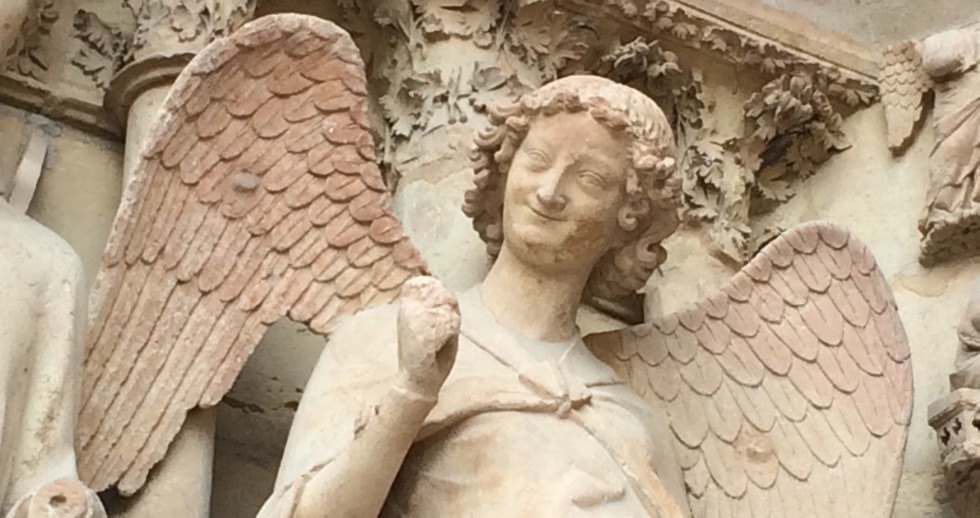Nineteenth-century Mormons who had suffered extra-legal persecution were given an interesting set of instructions. They came as Joseph Smith languished in the almost inhuman conditions of the ironically-named Liberty Jail:
1 AND again, we would suggest for your consideration the propriety of all the saints gathering up a knowledge of all the facts, and sufferings and abuses put upon them by the people of this State;
2 And also of all the property and amount of damages which they have sustained, both of character and personal injuries, as well as real property;
3 And also the names of all persons that have had a hand in their oppressions, as far as they can get hold of them and find them out….
6 That we may not only publish to all the world, but present them to the heads of government in all their dark and hellish hue, as the last effort which is enjoined on us by our Heavenly Father, before we can fully and completely claim that promise which shall call him forth from his hiding place; and also that the whole nation may be left without excuse before he can send forth the power of his mighty arm (D&C 123:1-3,6).
This gathering of facts was to be an organized, systematized effort—names were named, damages tallied—and the results made widely public.
Some might have regarded this as a case of needlessly wallowing in tragedy, or refusing to move on to a brighter future. Yet, in a strange way it seems to have been vital for that future that such steps be taken:
13 Therefore, that we should waste and wear out our lives in bringing to light all the hidden things of darkness, wherein we know them; and they are truly manifest from heaven—
14 These should then be attended to with great earnestness.
15 Let no man count them as small things; for there is much which lieth in futurity, pertaining to the saints, which depends upon these things.
16 You know, brethren, that a very large ship is benefited very much by a very small helm in the time of a storm, by being kept workways with the wind and the waves.
17 Therefore, dearly beloved brethren, let us cheerfully do all things that lie in our power; and then may we stand still, with the utmost assurance, to see the salvation of God, and for his arm to be revealed (D&C 123:13-17).
A few points of interest:
- Such a process must be complete: all the hidden things of darkness must be unmasked.
- To dismiss such an effort as small, trivial, or not worth our time is to be in error. Injustice unacknowledged has its way of contaminating individuals and organizations.
- The point is not to wallow in grief or anger: the approach ought to be a “cheerful” one.
Cheerful
The cheerful factor is the most intriguing, to me. Whence comes the cheer?
I think it derives simply from the speaking of truth, from casting light upon hidden evils. Forgiveness too flourishes best in honest soil.
The worst thing about unacknowledged evils is often that the perpetrators self-justify. They assure the victims that they had good intentions, or that what they did wasn’t evil at all. As I’ve written before, most people do not do evil for its own sake—they do it by convincing themselves that it is not evil.
Small wonder, then, that perpetrators do not like this bearing witness or the search for the truth—it threatens the comfortable illusions and safeguards they have built for themselves. On some level, they sense the hollowness of the rationales they have constructed, and so react with hostility and ridicule even if the truth be spoken by those powerless to bring them to account.
There is, quite simply, no statute of limitation for bearing witness of evil, especially when we have seen it worked against someone else.
Bringing the wicked to mortal justice may not be possible—they may be long gone, or beyond the reach of mortal judges. This was certainly the circumstance in which the Saints found themselves. They never recouped their lands and property. Few if any of those who stole, raped, or murdered suffered legal consequences. And yet, still they were to bear witness, all while trusting God to set these things aright.
Yet, the bearing of witness and documenting it must be done first, and “then may we stand still, with the utmost assurance” for God to intervene.
